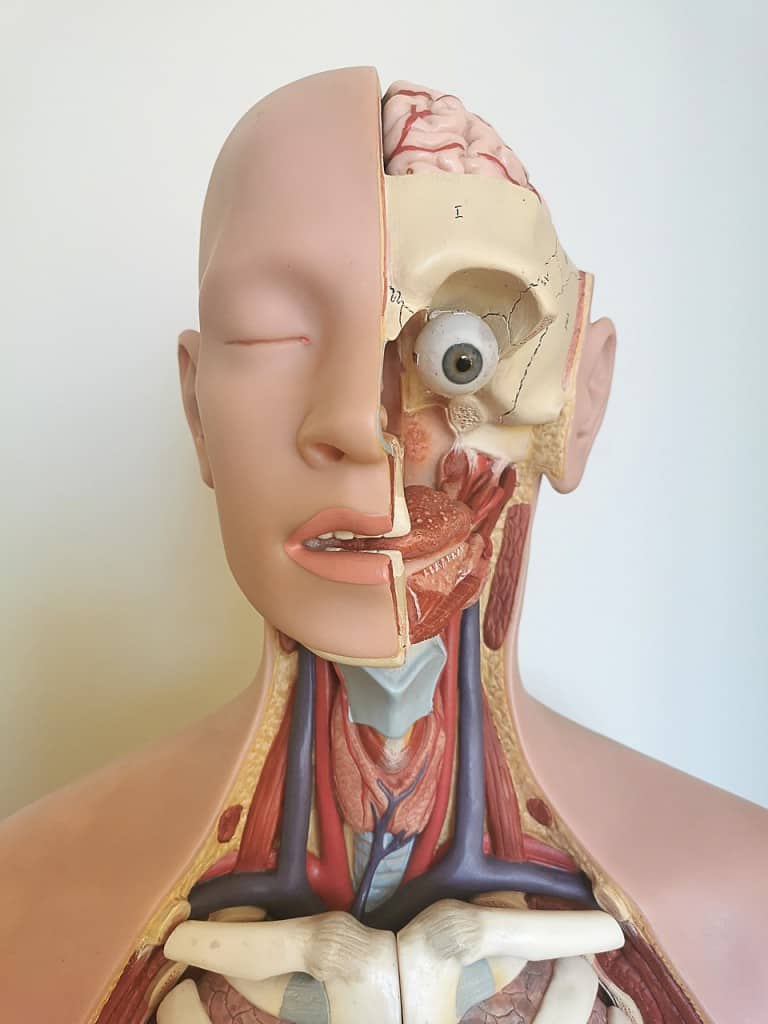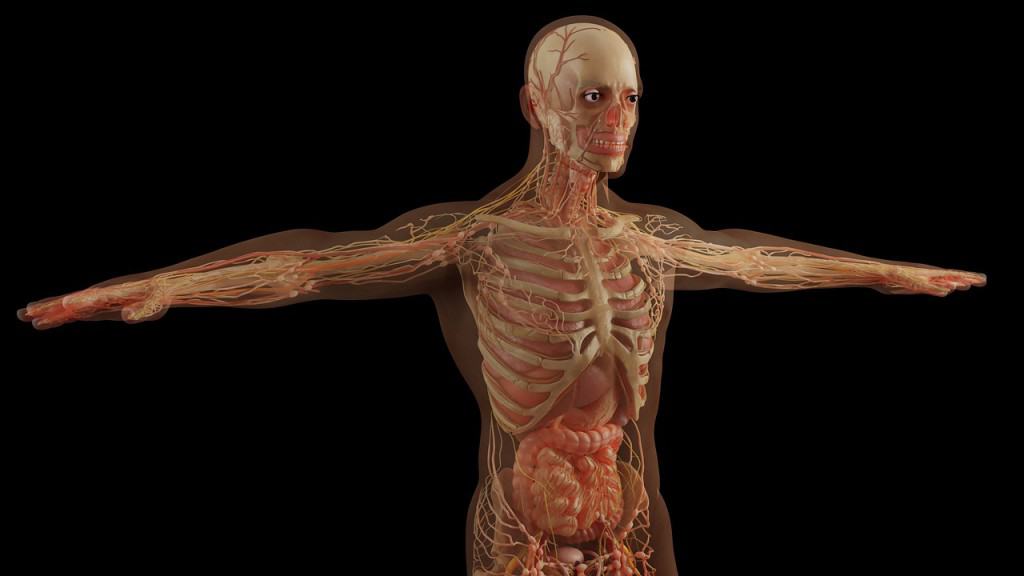In flight and in health
A guide to air travel with medical conditions
The lure of the open sky is irresistible to most modern travellers. Prior to Covid shutdowns the airline industry was in boom times, and as the world continues its ongoing race of rediscovery after periods of isolation, the hum of airplane engines has become an anthem for adventurers worldwide.
This summer vacation season will see hundreds of millions of travellers dusting off their suitcases and passports and heading off on overseas journeys seeking sun, fun, culture or to reconnect with friends and family. Yet amid the exhilaration, some travellers harbour justified apprehensions: those with certain medical conditions or health issues that may either restrict air travel altogether or require a cautious approach.
Navigating these concerns is critical to ensure that the globe-trotting experience is safe, enjoyable, and free from unnecessary risks. Flying, though seemingly routine in this interconnected era, represents a unique environmental condition. The reduced air pressure, changes in oxygen levels, limited mobility, and stress can potentially exacerbate certain medical conditions.
battleface delves into these health issues that could make flying a challenge, if not an outright risk.

Cardiovascular diseases
Heart disease patients may be at risk due to the lower oxygen levels at cruising altitudes, even though commercial airliners are pressurised. Particularly, those with unstable angina, severe heart failure, or recent heart attack should seek medical advice before considering boarding a flight.
Respiratory conditions
Chronic obstructive pulmonary disease (COPD), severe anaemia, cystic fibrosis, and other conditions affecting lung function can make it hard for your body to adjust to the lower oxygen levels on flights. Additionally, the dry air in plane cabins can irritate the respiratory system.

Neurological disorders
Conditions such as epilepsy may require additional caution on flights. The stress of travel could potentially trigger seizures in some individuals, whilst others with certain neurological disorders that affect mobility, such as Parkinson’s Disease, might find the limited space and lengthy periods of inactivity during flights challenging.
Thrombosis
The risk of deep vein thrombosis (DVT), a condition where blood clots form due to prolonged inactivity, increases during long flights. People who’ve had recent surgery, are taking certain types of contraception, or have a genetic predisposition to blood clotting disorders should consider wearing compression stockings and regularly moving about the cabin during the flight.
Pregnancy
Pregnant individuals, especially after the 36th week, might face potential complications or early labour due to flying. Pregnant passengers should always consult with their healthcare provider before planning a trip.

Ears and Sinuses
Rapid changes in altitude can cause pain and damage to your ears and sinuses, especially if you have an existing infection or chronic condition.
Psychiatric disorders
Those with severe anxiety, claustrophobia, or panic disorders might find the experience of flying particularly distressing. It’s essential to manage these conditions effectively before travelling and then to ensure that any medicines that are prescribed do not have contraindications in an airline cabin.
In these scenarios, it’s imperative to consult with healthcare providers before flying. They can provide individualised advice based on your health status and might suggest precautions such as medication adjustments, use of in-flight oxygen, or timing flights with treatment schedules. Some passengers may also need a ‘fit to fly’ letter from their doctor, particularly when flying with a medical device or certain medications.
Safe travels!








